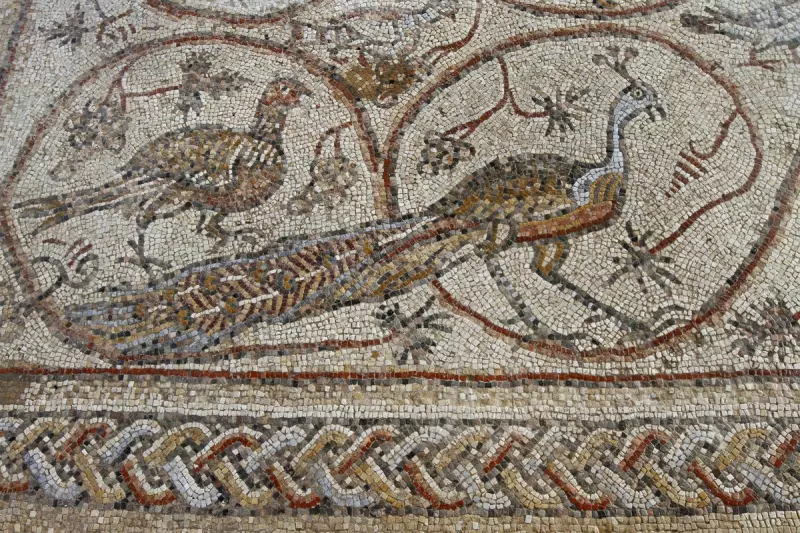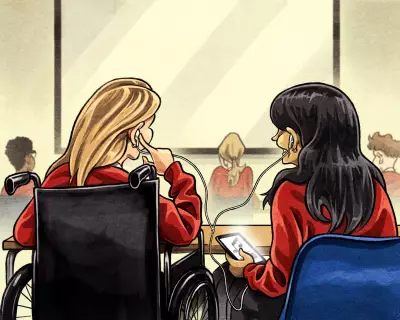
In a devastating blow to Palestinian cultural heritage, Gaza's sole museum has been reduced to rubble by an Israeli airstrike. The Rafah Museum of Palestinian Heritage, a cherished institution painstakingly built by local families, was completely destroyed, erasing irreplaceable artefacts that told the story of centuries of Palestinian life.
The museum's founder, Suhaila Shaheen, a 75-year-old former schoolteacher, expressed her profound despair to The Independent. "We collected these artefacts from our own homes, from our families, to show the world we have a history, we have a culture, we have a civilization," she said. "Now, it's all gone. They destroyed our memory."
A Treasure Trove Lost
The museum was a labour of love, housing a unique collection that connected modern Gazans to their past. Its loss represents an incalculable cultural catastrophe. The destroyed items included:
- Ancient pottery and coins dating back to the Byzantine and Roman eras.
- Traditional Palestinian attire, including intricately embroidered thobes unique to different regions.
- Historical weaponry and jewellery passed down through generations.
- Everyday household items that illustrated the domestic life and traditions of Palestinian society.
More Than Just Objects
This destruction is seen not as collateral damage but as a targeted erasure of identity. For the people of Gaza, these artefacts were not mere exhibits; they were tangible proof of their deep-rooted presence on the land, a narrative they fiercely protect amidst ongoing conflict.
The international community, including archaeologists and historians, has condemned the strike. Many argue that the protection of cultural heritage is mandated under international law, even during wartime. This incident raises urgent questions about the safeguarding of non-military cultural sites in conflict zones and the irreversible loss suffered when history is wiped out.
As the dust settles in Rafah, the rubble of the museum stands as a stark monument to what has been lost—not just stone and pottery, but the physical embodiment of a people's memory and their unwavering claim to a rich and enduring history.






